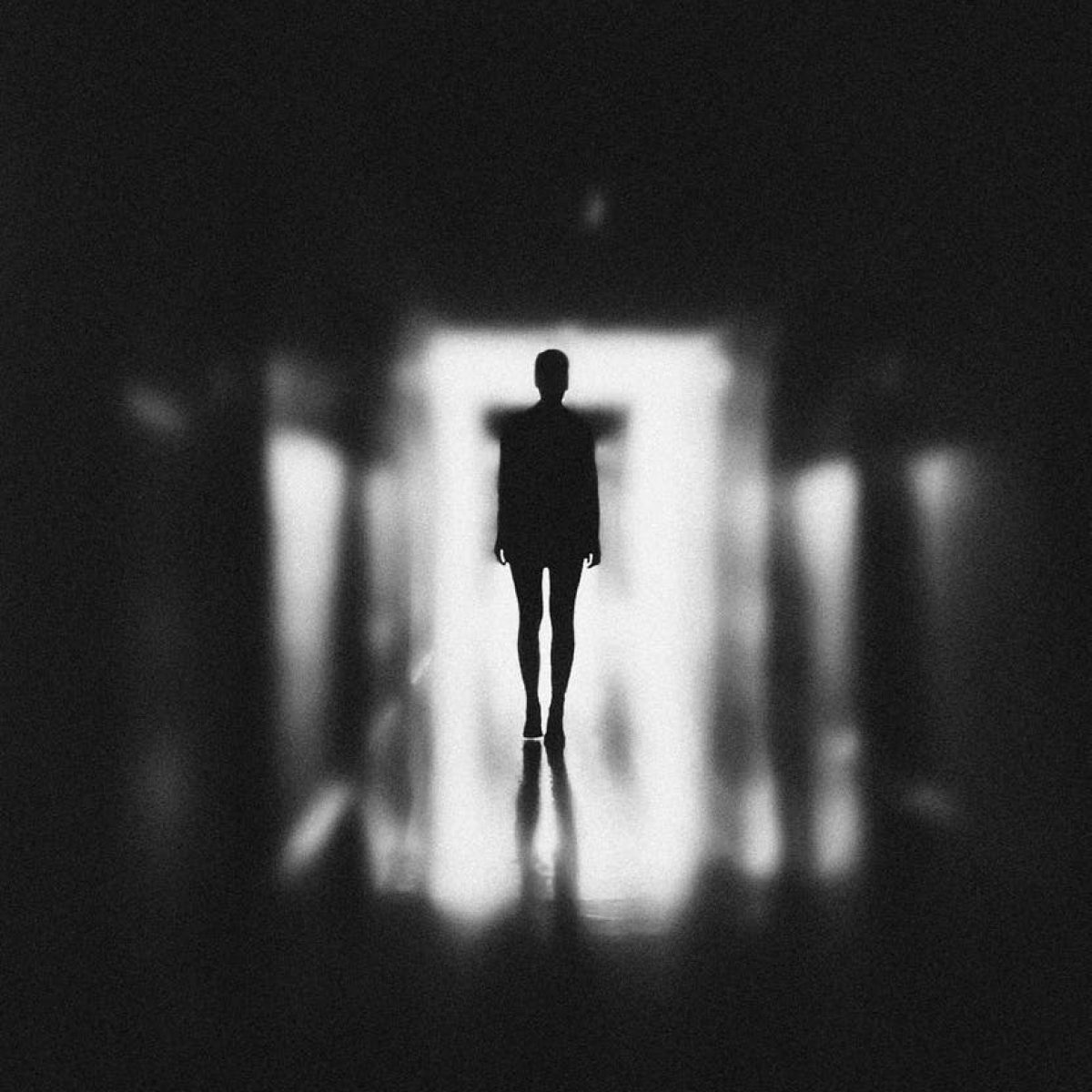Juggling Hopes and Fears: Steve Ladurantaye on Mental Health in 2022
If you hoped that this pandemic would be over by now, you’re not alone.
There’s an undeniable collective exhaustion now, especially after the recent Omicron variant that threw the world — and especially travel — back into a state of uncertainty.
“If you’re already… emotionally, mentally and physically exhausted from this pandemic, this variant is a catalyst for being more tired and more physically exhausted,” Ahmad Firas Khalid, a health policy expert and professor at York University, told CTVNews.ca. “The Omicron variant is like putting gas onto an already flammable situation.”
“Pandemic fatigue” is becoming an accepted term for the general frustration felt by people all over the world, and that prolonged stress has resulted in widespread acknowledgement of increased mental health issues, said veteran Canadian journalist Steve Ladurantaye.
“The pandemic is a test of the durability of our individual and collective mental health,” said Ladurantaye, who has been open about his own struggles with mental health. “We didn’t ask for it, but we can’t avoid dealing with it, either.”
There’s no silver bullet for making ourselves feel better in the midst of all this, Ladurantaye added, but we can take measures to mitigate the stress.
Limit Media Consumption
As a lifelong journalist, it might seem strange for Ladurantaye to point to the news as a culprit, but the reality is the media has changed radically, he said.
Not too long ago, there were only a few sources for information and they were only available at certain times and places. Now, for arguably the first time in human history, people all around the world have to learn to limit the flow of information and to set boundaries for themselves.
“If you already suffer from anxiety or depression, checking your phone every hour for updates on Covid isn’t likely to help,” Ladurantaye said. “Same goes for social media.”
It’s okay to be a news or social media junkie, but doctors now recommend putting screens away at least a half hour before going to sleep. In the morning, try to spend a little time going about your routine rather than immediately reaching for the phone.
All Things In Moderation
Given the events of the last two years, few people would judge you for reaching for a glass of wine at the end of the day. Alcohol, for example, can be a great way to relax and does have health benefits in moderation.
But that last word is key. Alcohol and drugs offer a respite from our stress, but it’s far too easy to embrace them as the one and only solution — they’re not, Ladurantaye said.
“Substances often get in the way of the basic needs we too often ignore, like exercise, quality sleep, and time outside,” Ladurantaye said. “We too often forget how much better we feel with a little sun.”
Find Time For Relationships, Hobbies
Yes, virtual meetings on Zoom will never be quite the same as chilling with a friend on the patio. But if remote video chats are the only way to connect with many of your family members and friends, then make sure to make time for it.
“The pandemic has forced all of us to be more mindful about how to manage our own mental health, and taking our dose of socialization is just as important as Vitamin C,” Ladurantaye said.
Perhaps equally important is finding time for your passions or hobbies. When we feel productive or creative, or when we focus on a new skill, anxieties can fade to the background.
The pandemic might not be over just yet, but that doesn’t mean we stop taking care of ourselves. If you truly feel overwhelmed by your mental health issues, then please contact a healthcare professional for help.






